State Reps. Greg Markkanen and Dave Prestin today highlighted two upcoming opportunities for people to weigh in on new a state law that strips away local control over large-scale wind and solar projects.
Markkanen and Prestin voted against the controversial plan, which gives the Michigan Public Service Commission the ability to force wind and solar farms on local communities with little regard for residents’ concerns or long-established zoning ordinances.
“The energy policies eliminating our reliable energy supply, passed by the Democrat majority last year, are the most destructive initiative the Upper Peninsula has ever faced. The forced solar and wind siting bills added insult to injury, giving power to Lansing bureaucrats to determine if these projects go up in our back yard without our approval,” said Prestin, R-Cedar River. “Yoopers came out of the woodwork to denounce this radical legislation when it was first passed. I’m confident they will continue to resist this downstate takeover at every opportunity.”
While House Bill 5120 – now Public Act 233 of 2023 – was approved by the Legislature and signed by the governor along partisan lines, the MPSC is now holding “engagement sessions” to take public comment regarding the details of how the new law will be implemented.
“It’s the worst kept secret in Michigan that radical environmentalists plan to power their cities by turning rural communities into parking lots filled with windmills,” said Markkanen, R-Hancock. “When you start talking about stripping the little control Yoopers have and giving it to unelected bureaucrats in Lansing, you’ll find out quick that folks in the U.P. can sure make a lot of noise.”
The first two sessions will be held from 1:30 p.m. to 4:30 p.m. on Thursday, March 7, and Tuesday, March 19. The virtual meetings will be conducted via Microsoft Teams. Details on how to join the meetings are available here or at michigan.gov/mpsc under the calendar of events.
According to the MPSC, topics of discussion will include application filing guidelines, application fees, use of consultants, pre-application consultations, the development of compatible renewable energy ordinances, and other issues that arise during the process.
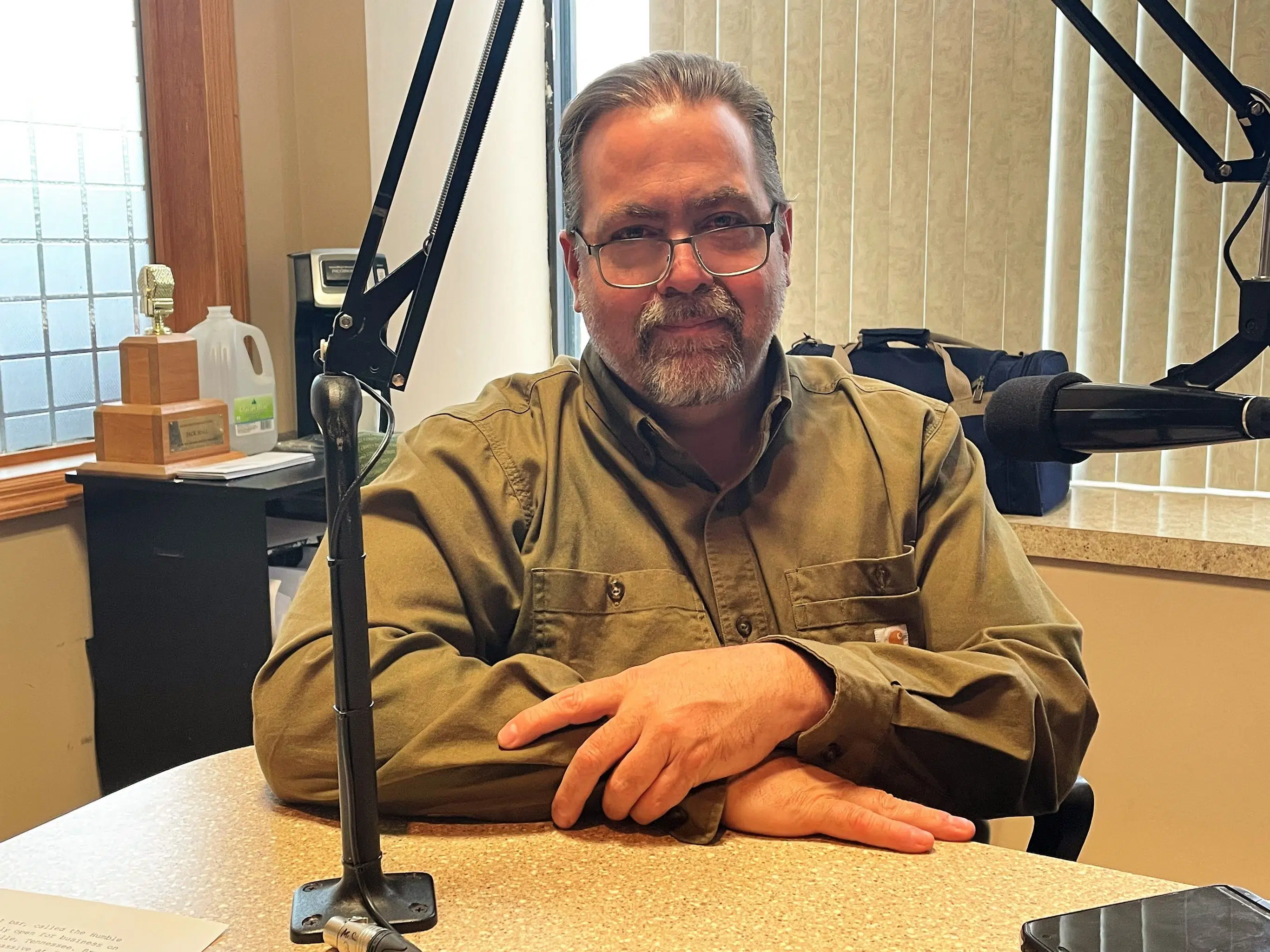














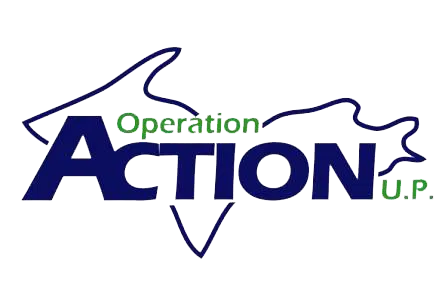
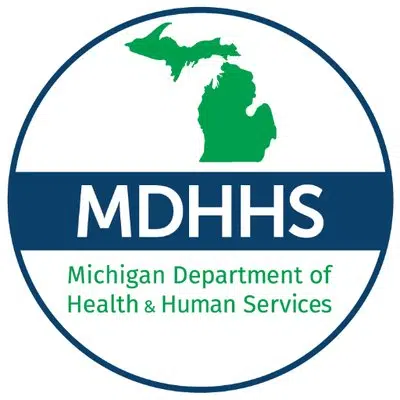
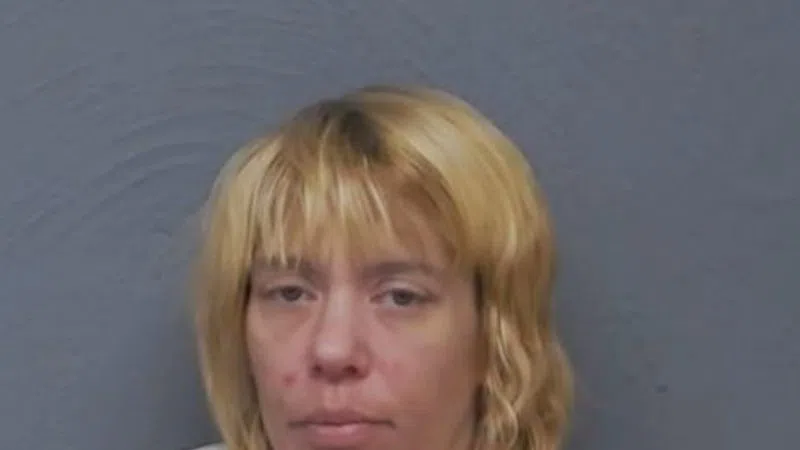
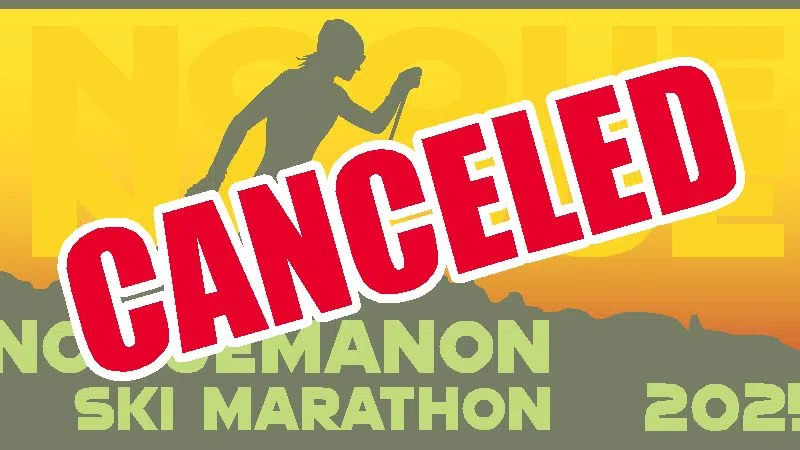




Comments